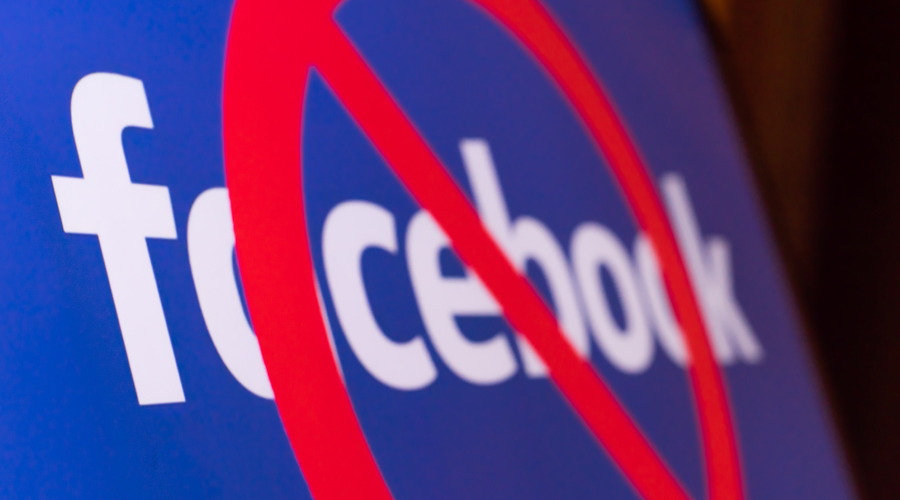For months, Facebook and Google have been locked in a stare-down with news publishers and lawmakers in Australia.
At the heart of the fight is whether the tech giants should pay news organisations for the news articles that are shared on their networks. Under a proposed law from the Australian Competition and Consumer Commission, both Google and Facebook would be required to negotiate with media publishers and compensate them for the content that appears on their sites.
Facebook and Google have fought hard to prevent the Australian law — which is expected to pass this week or next — from forcing their hands. But on Wednesday, the two companies sharply diverged on how to head off that regulatory future.
Google began the day by unveiling a 3-year agreement with Rupert Murdoch’s News Corp to pay for the publisher’s news content, one of several such deals it has announced recently where it appears to be effectively capitulating to publishers’ demands.
Hours later, Facebook took the opposite tack and said it would restrict people and publishers from sharing or viewing news links in Australia, in a move that was effective immediately.
In conciliatory language towards publishers, Don Harrison, president for global partnerships at Google, said that the company had invested to help news organisations over the years and that it hoped “to announce even more partnerships soon”.
Facebook struck a distinctly different tone. “The proposed law fundamentally misunderstands the relationship between our platform and publishers who use it to share news content,” William Easton, managing director of Facebook Australia and New Zealand, said of the draft Australian legislation.
The divergence illustrates the different ways that Facebook and Google approach news. For years, the two Internet giants had treated news publishers more or less the same. Both had little incentive to pay news outlets for content and argued, correctly, that they helped drive a lot of readers to news stories that would otherwise go unnoticed on lightly trafficked websites.
But the steady decline of newspapers — juxtaposed against the billions of dollars Google and Facebook reaped in digital advertising — intensified questions over whether the platforms had a responsibility to financially support publishers. In recent years, both companies started paying news organisations through various programmes as criticism about misinformation on their platforms seemed to heighten the need for quality journalism.
Now the situation in Australia has underlined that the lockstep approach can go only so far because Facebook and Google ultimately value news differently. Google’s mission statement has long been to organise the world’s information, an ambition that is not achievable without up-to-the-minute news. For Facebook, news is not as central. Instead, the company positions itself as a network of users coming together to share photos, political views, Internet memes, videos — and, on occasion, news articles.
“Google is already used to playing a different game in every different country,” Siva Vaidhyanathan, a media studies professor at the University of Virginia, said. While he said Facebook was taking what it considers a moral stance, Google “may have gotten beyond this fantasy of a universalised approach to doing business in the world”.











